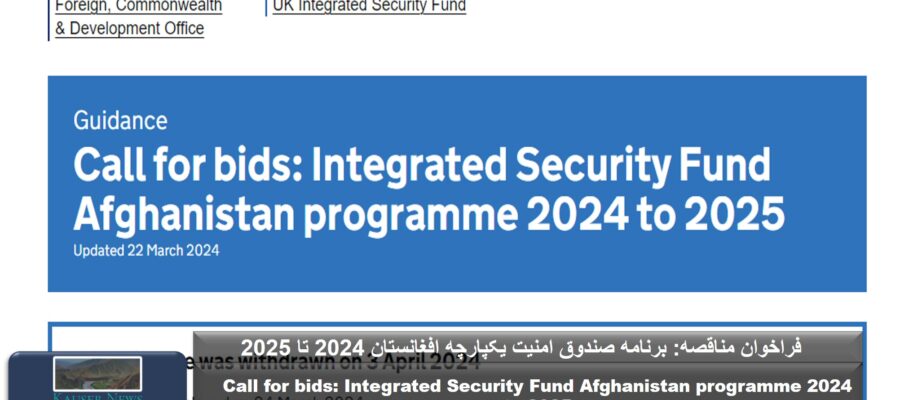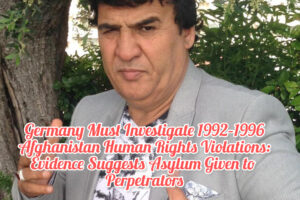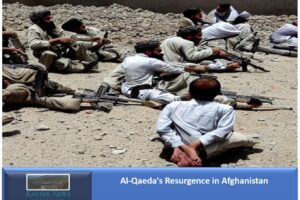Updated 22 March 2024
In the tumultuous landscape of Afghanistan, the pursuit of stability and security has been an enduring challenge. Amidst this backdrop, the UK government has been steadfast in its commitment to fostering a more peaceful and inclusive future for the country. The evolution of the Conflict, Stability and Security Fund (CSSF) into the Integrated Security Fund (ISF) reflects this ongoing dedication, with a renewed focus on promoting pluralistic politics, supporting civil society, and mitigating future conflicts.
Underpinning the ISF’s call for proposals are three thematic headings:
2. Supporting Political Engagement: Constructive dialogue forms the bedrock of political stability and reconciliation in Afghanistan. The ISF seeks to support Afghan-led initiatives that facilitate meaningful conversations on the country’s future. Whether at the international, national, or sub-national level, proposals that demonstrate a capacity for mediation, coordination, and network-building are welcomed. By empowering local stakeholders to drive the dialogue, the ISF aims to nurture effective channels for addressing grievances and fostering consensus.
3. Addressing Transnational Threats: The interconnected nature of security threats demands a comprehensive approach to prevention and mitigation. In Afghanistan, where transnational threats such as terrorism, narcotics trafficking, and climate-related conflicts loom large, innovative solutions are imperative. The ISF is particularly interested in proposals that offer creative strategies for tackling these challenges, from enhancing border security to combating violent extremism. By addressing the root causes of insecurity, these initiatives aim to foster greater resilience and stability in the region.
Selection Criteria and Implementation Guidelines: To ensure the effective utilization of funds and maximize impact, the ISF has outlined stringent selection criteria for proposals. Projects will be evaluated based on their relevance to ISF priorities, alignment with outcomes, feasibility within the funding period, engagement of local partners, and consideration of gender and inclusion issues. Additionally, robust monitoring and evaluation procedures, along with strong risk and financial management mechanisms, are essential components of successful proposals. The ISF maintains a zero-tolerance approach to aid diversion, fraud, and misconduct, underscoring its commitment to accountability and transparency.
As the deadline for applications approaches, the ISF anticipates a high demand for funding. Nevertheless, it remains steadfast in its commitment to supporting initiatives that will contribute to a more peaceful, secure, and prosperous Afghanistan. By empowering local actors, promoting dialogue, and addressing root causes of conflict, the ISF endeavors to lay the groundwork for a brighter future for generations to come.
In the pursuit of peace and security, collaboration and innovation will be paramount. Through the ISF’s call for change, the UK government reaffirms its unwavering support for Afghanistan’s journey towards a more inclusive and resilient society.





